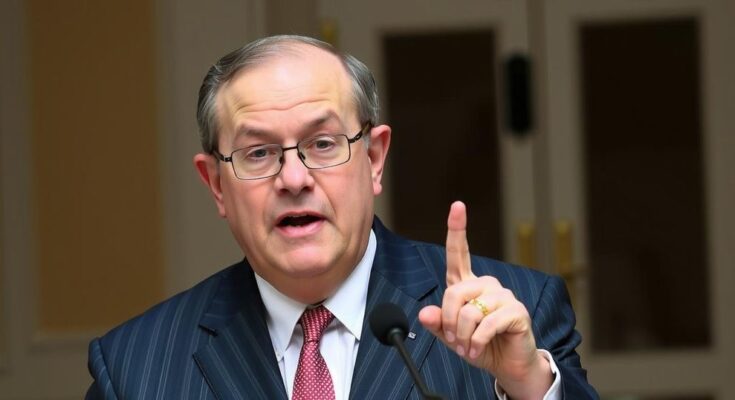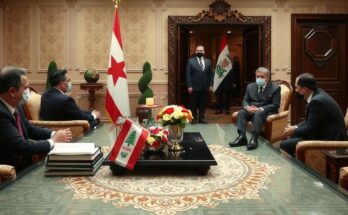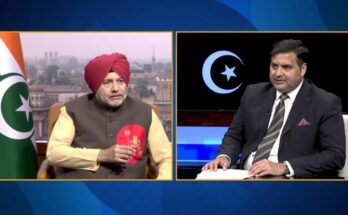Lebanon has elected Joseph Aoun as its new president, marking a shift towards U.S. influence and a decline in Iranian impact. Aoun’s election received over two-thirds support from lawmakers, ending a two-year power vacuum and highlighting the political changes in the region.
In a significant political development, Lebanon’s lawmakers have elected Joseph Aoun, the army commander, as the nation’s first president in over two years. Aoun, recognized as a U.S.-backed candidate, received support from more than two-thirds of the legislature, marking a decisive moment in Lebanon’s political landscape. This election alleviates an extensive power vacuum and signifies a potential decline in Iranian influence within the region, suggesting a shift towards U.S. alignment amidst ongoing geopolitical tensions.
Lebanon has faced a prolonged political crisis, characterized by a complete absence of presidential leadership for more than two years. The election of Joseph Aoun as president is crucial not only for establishing governance but also for possibly redefining Lebanon’s alliances, particularly concerning U.S. and Iranian influences. The U.S. has shown an inclination to bolster candidates that align with its strategic interests in the region, amid concerns over Iranian encroachments and the regional power dynamics.
Joseph Aoun’s election as president of Lebanon marks a pivotal shift in the country’s political framework. His substantial backing indicates a reorientation away from Iranian influence, with the potential implications for regional stability and U.S.-Lebanon relations. With a clear mandate, Aoun faces the challenging task of addressing Lebanon’s numerous internal issues while navigating the complex geopolitical landscape.
Original Source: www.poncacitynews.com




